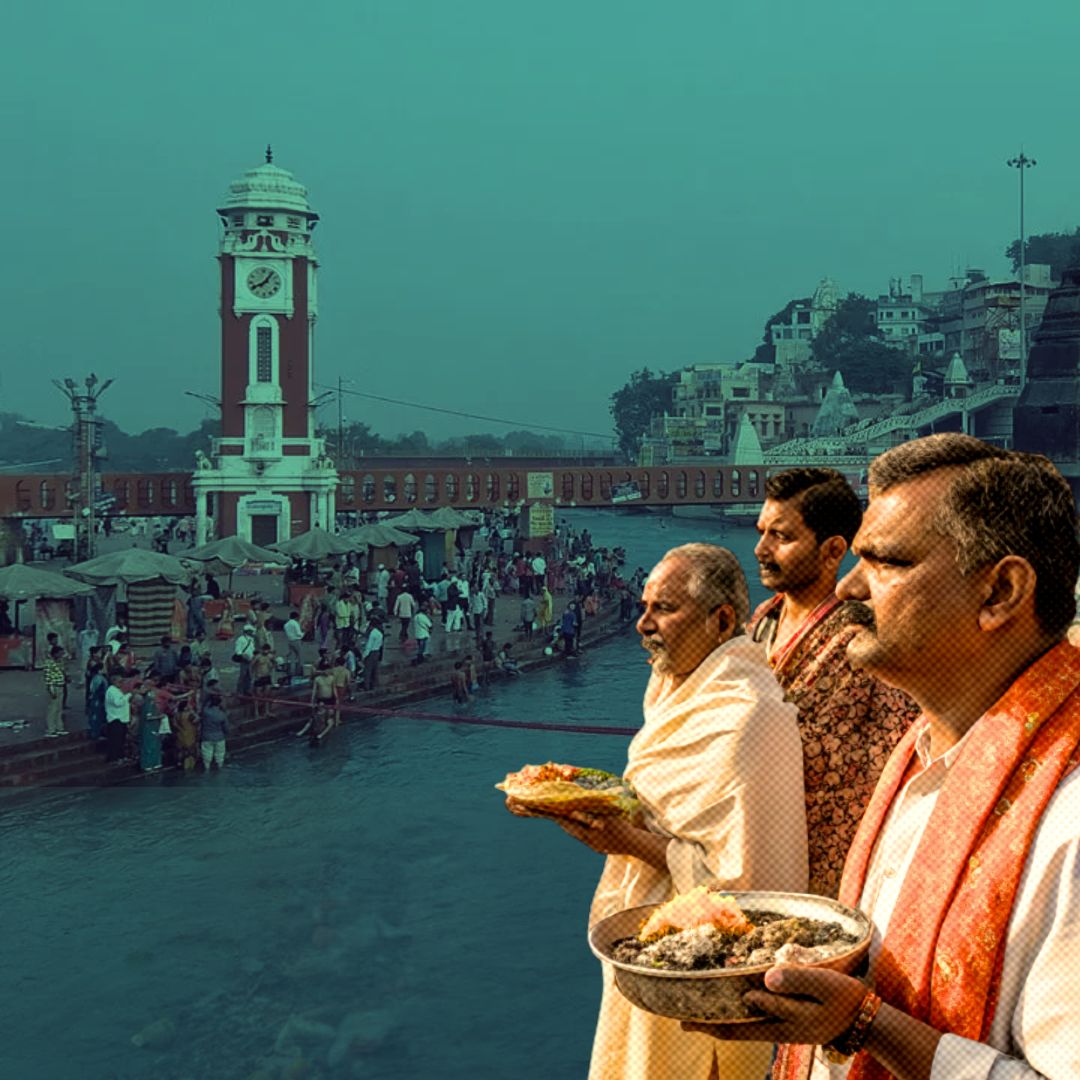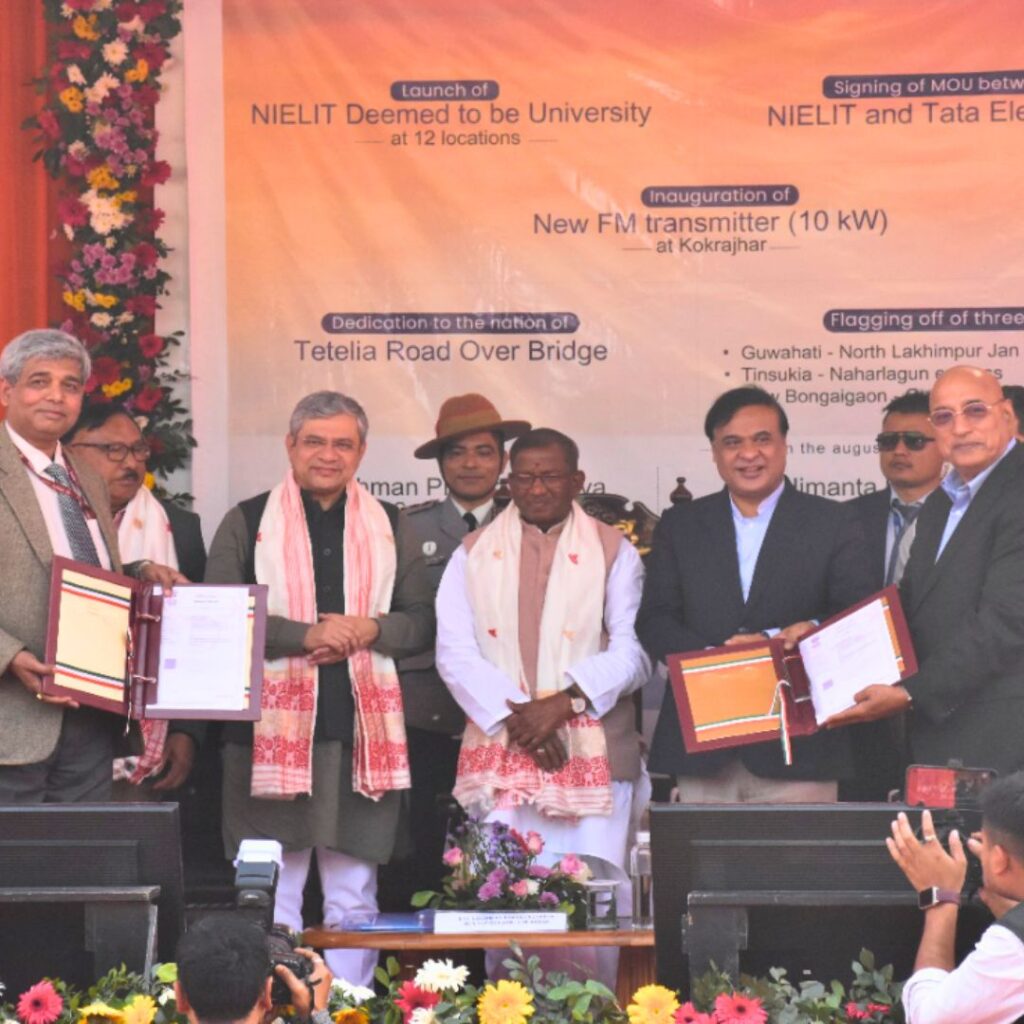The Uttarakhand Pollution Control Board has classified the Ganga River water in Haridwar as ‘B’ category, indicating it is unsafe for drinking but suitable for bathing. This assessment, based on November tests, highlights significant pollution concerns attributed to human waste. Local priests are calling for urgent action to address the deteriorating water quality, which they believe has medicinal properties.
Water Quality Assessment Raises Alarms
In a recent evaluation, the Uttarakhand Pollution Control Board (UKPCB) found that the Ganga River water in Haridwar is classified as ‘B’ category, rendering it unsuitable for drinking. Rajendra Singh, a regional officer of the UKPCB, explained that this classification is based on four critical parameters: pH levels, dissolved oxygen, biological oxygen demand, and total coliform bacteria. The tests conducted at eight locations along the river revealed concerning levels of contamination, primarily linked to human waste and industrial effluents. Ujwal Pandit, a local priest, expressed his dismay, stating that “the purity of Ganga water is affected because of human waste,” and underscored the river’s traditional role in healing.
Historical Context of Pollution Issues
The Ganga River has long been a symbol of purity and spirituality in India; however, its water quality has increasingly come under threat from pollution. The current situation in Haridwar reflects broader environmental challenges faced by many rivers across the country. Previous initiatives aimed at cleaning the Ganga have struggled to achieve lasting results amid rising urbanisation and population pressures. Notably, similar pollution issues have been reported in other rivers like the Yamuna in Delhi, where toxic foam was recently observed. This ongoing degradation raises urgent questions about the effectiveness of governmental efforts to protect these vital water resources.
Community Response and Call for Action
The local community is increasingly vocal about their concerns regarding the Ganga’s pollution. Priests and residents alike are urging authorities to take immediate action to restore the river’s health. They argue that preserving the Ganga is not only crucial for public health but also for maintaining cultural and spiritual practices associated with the river. As Ujwal Pandit remarked, “By bathing with only Ganga water, diseases of our body are cured,” highlighting the deep-rooted belief in its medicinal properties.
The Logical Indian’s Perspective
The alarming results regarding Ganga water quality in Haridwar underscore a pressing need for collective responsibility towards environmental conservation. As we grapple with pollution affecting our sacred rivers, it is essential for all stakeholders—government officials, local communities, and environmental activists—to engage in meaningful dialogue and action. We invite our readers to consider: What steps can we take as individuals and communities to safeguard our rivers for future generations?











